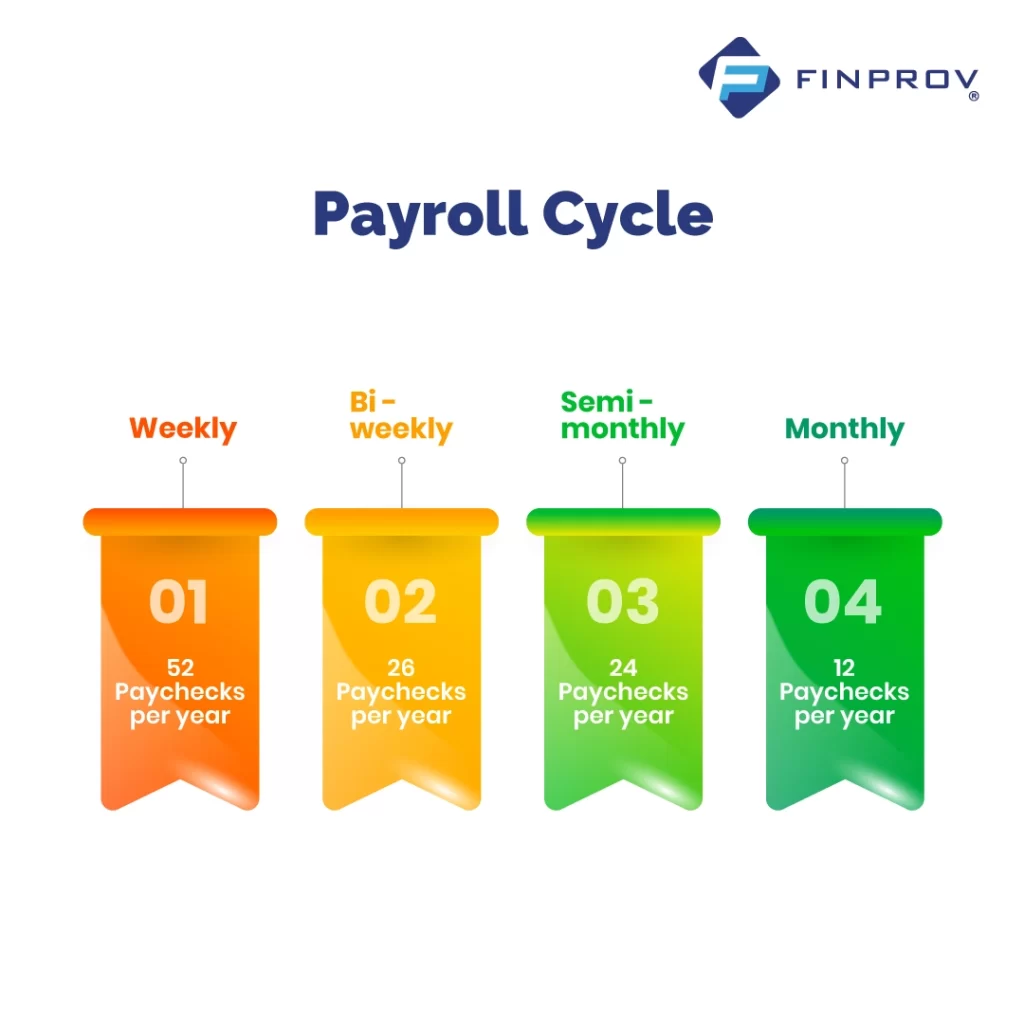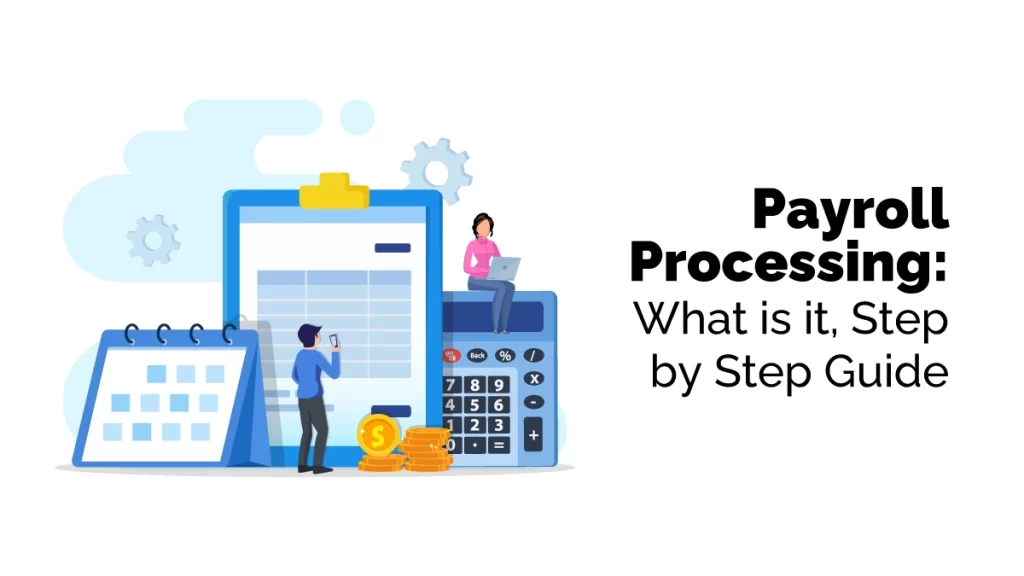What role does efficient and reliable payroll processing play in the overall success of an organisation? It demonstrates to employees that their time and work are valued and significantly impacts their trust and engagement within the workplace, surpassing the impact of any other perks or incentives they may receive. Furthermore, accurate and timely payment of employees not only helps meet compliance requirements but also saves the organisation valuable time and money. Given the significance of payroll processing, ensuring that your organisation gets it right consistently becomes essential. So, how can you guarantee accurate and reliable payroll processing every time?
What is Payroll Processing?
Payroll processing is a crucial procedure employed to reimburse employees for their work. It encompasses various tasks, including calculating wages, deducting taxes and benefit premiums, and disbursing payments, often through direct deposit.
Why is Payroll processing important?
Payroll processing is essential for several reasons, particularly because late or inaccurate payments can significantly impact employee morale. A robust payroll system is necessary to ensure timely and accurate payment, which keeps employees satisfied and motivated. Studies have shown that promptly compensated workers tend to be more productive.
Furthermore, a reliable payroll system instils confidence in employees regarding the company’s financial stability. Employees may question the organisation’s financial health when payments are inconsistent or delayed, decreasing engagement and motivation.
Additionally, a well-functioning payroll system enables compliance with employer tax obligations at the federal, state, and local levels. Adhering to employment laws is critical to avoid costly fines and legal issues while maintaining a positive reputation with employees.
Types of Payroll Processing
Payroll processes encompass various payment types, including hourly, salary, and commission-based compensations. The proper category of employees under the Fair Labor Standards Act is crucial for determining eligibility for overtime pay, breaks, and other employment benefits. The wage types and entitlements are as follows:
- Hourly: Paid based on hours worked, eligible for overtime pay (non-exempt).
- Salary: Monthly or annual salary payment, eligibility for overtime pay varies (non-exempt and exempt).
- Commission: Straight commission or commission with a base salary, eligibility for overtime pay varies (non-exempt and exempt).
Additionally, decisions must be made regarding employee payment methods, such as paper checks, direct deposit, or a combination of both. Determining the logistics of payroll processing is also essential. Given the potential for redundancy and manual payroll processing errors, most organisations utilise payroll processing software like Paylocity. Such software streamlines and automates the payroll process, improving efficiency and accuracy.
Essential Requirements for Processing Payroll
To process payroll effectively, several key steps need to be followed. Firstly, obtaining a federal employer identification number (FEIN), a state tax identification number, and potentially a local identification number for your business is necessary. These identifiers enable you to fulfil payroll tax obligations by filing and making tax payments.
The next crucial step is collecting and maintaining essential employee information and documents. This includes their Social Security Number, completed Form W-4 for federal income taxes, Form I-9 for employment eligibility verification, and a state withholding form for state income taxes (if applicable). Additionally, bank account details and benefits elections, such as insurance and retirement selections, should be recorded.
Timeframe for Payroll Processing
The duration of payroll processing varies depending on the method employed, whether manual or automated and the number of employees involved. Organisations utilising payroll processing solutions generally complete internal processes within one to two days.
Once the payroll has been submitted to the bank, it typically takes two to three days for wages to be deposited into employee bank accounts. As a result, on average, employees receive their paychecks within approximately five days after the end of the pay period.
Payroll Cycle
Determining the frequency of payroll is an important decision that affects how often employees receive their pay. There are several common payroll cycles available, each with its number of paychecks per year and suitability for different types of employees:

- Weekly: This cycle involves 52 paychecks per year and is commonly used for hourly employees who are paid hourly.
- Bi-weekly: With 26 paychecks per year, this cycle suits hourly and salaried employees.
- Semi-monthly: This cycle offers 24 paychecks per year and is typically utilised for salaried employees.
- Monthly: As the name suggests, employees are paid once a month, resulting in 12 paychecks per year. This cycle is commonly used for salaried employees.
Delaying Payroll
Employers must disburse their workers promptly according to their designated payroll schedule. Federal law requires employers to compensate employees “promptly” for hours worked, while state laws often provide more specific guidelines. Delaying payroll processing can have serious consequences, including potential fines and penalties. It is crucial to ensure compliance with applicable laws and regulations regarding payroll frequencies, such as weekly, bi-weekly, semi-monthly, or monthly, in all the states where your workers are located.`
Payroll Processing Work
Payroll processing is necessary for every company, regardless of size. It involves several essential steps that remain consistent across small or large organisations.
Once you have acquired your federal and state ID numbers, established a payroll cycle, determined wage classifications and requirements, and gathered all necessary employee information, you are prepared to initiate your initial payroll run.
Track Time & Attendance
To accurately calculate employee pay, tracking their working hours during the pay cycle is crucial. Many organisations utilise time and attendance software, especially if they have complex pay practices like shift differentials, overtime, or weekend pay. Even for simpler pay structures, a reliable time-tracking solution simplifies the process for employees to log and review their hours worked.
Approving Timecards
A compliant payroll process involves supervisors reviewing and approving timecards before processing payroll. Each employee’s timecard should be carefully reviewed, and necessary corrections should be made before issuing paychecks. Additionally, the supervisor’s approval should be documented and retained for future audits.
Calculate Wages and Deductions
Once an employee’s timecard is approved, their gross earnings are calculated. This calculation varies based on the wage type. For hourly employees, gross pay is determined by multiplying the hours worked by the pay rate. For salaried employees, gross pay is obtained by separating the annual salary by the number of paychecks in a year. After calculating gross pay, deductions and withholdings such as taxes, benefits premiums, and garnishments are subtracted to determine the employee’s net pay.
Submit or Disburse Payroll
For employees with direct deposit, the finalised payroll is submitted to the organisation’s banking agent for disbursement. Alternatively, printed checks with pay stubs are ordered and manually distributed for employees receiving paper checks. Many employers use a combination of these methods, and some payroll providers offer additional options like on-demand pay for quicker access to earned wages.
Pay Taxes
After processing payroll, filing and remitting payments for state and federal payroll taxes and any income taxes withheld from employees is necessary. Timely deposits are crucial to avoid penalties, so keeping track of key deadlines is important. Typically, the IRS requires payroll tax deposits to be made electronically through the Department of Treasury’s Electronic Federal Tax Payment System (EFTPS).
Joining the Payroll Processing course allows one to know more details. Finprov offers accounting courses, including Certification in HR Payroll Process, to all learners with practical training. The course covers ESI working, PF, Gratuity working and payments, Payroll process, Overtime calculation, Income tax related to the payroll process, Claim and Reimbursement management and more. We also provide 24/7 mentorship support, allowing learners to clarify their doubts anytime and anywhere. Our personalized assistance ensures a smooth learning experience and facilitates a comprehensive understanding of the course material. Our ed-tech platform offers the best accounting and finance training courses, including online certification courses, primarily focusing on elevating accounting proficiency and starting a successful career.






















